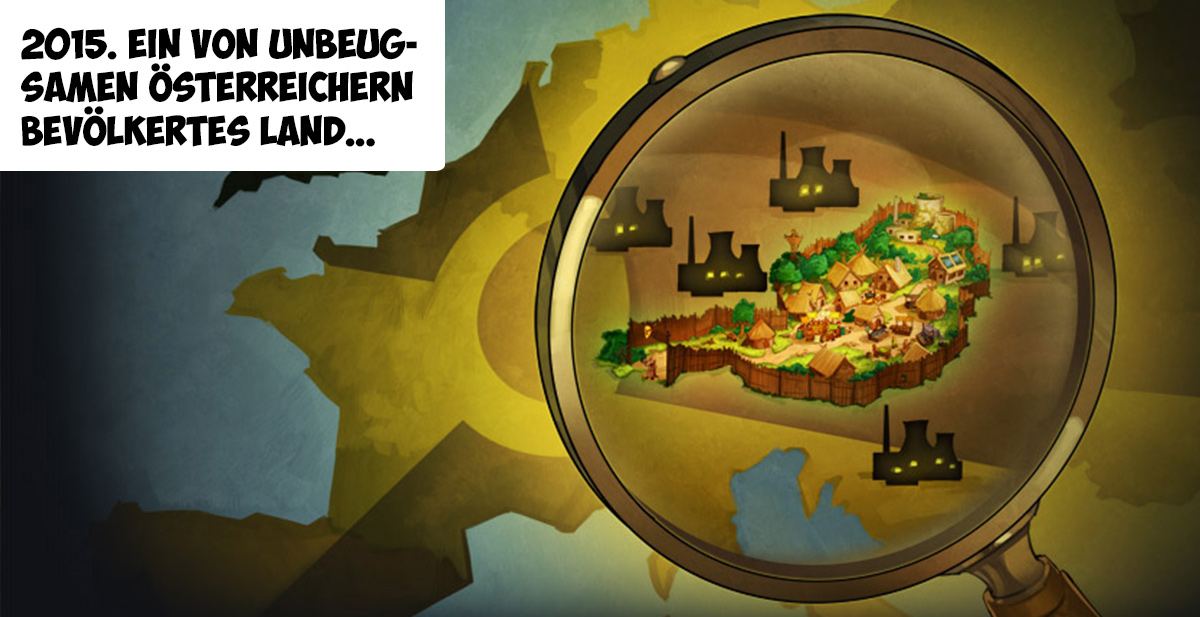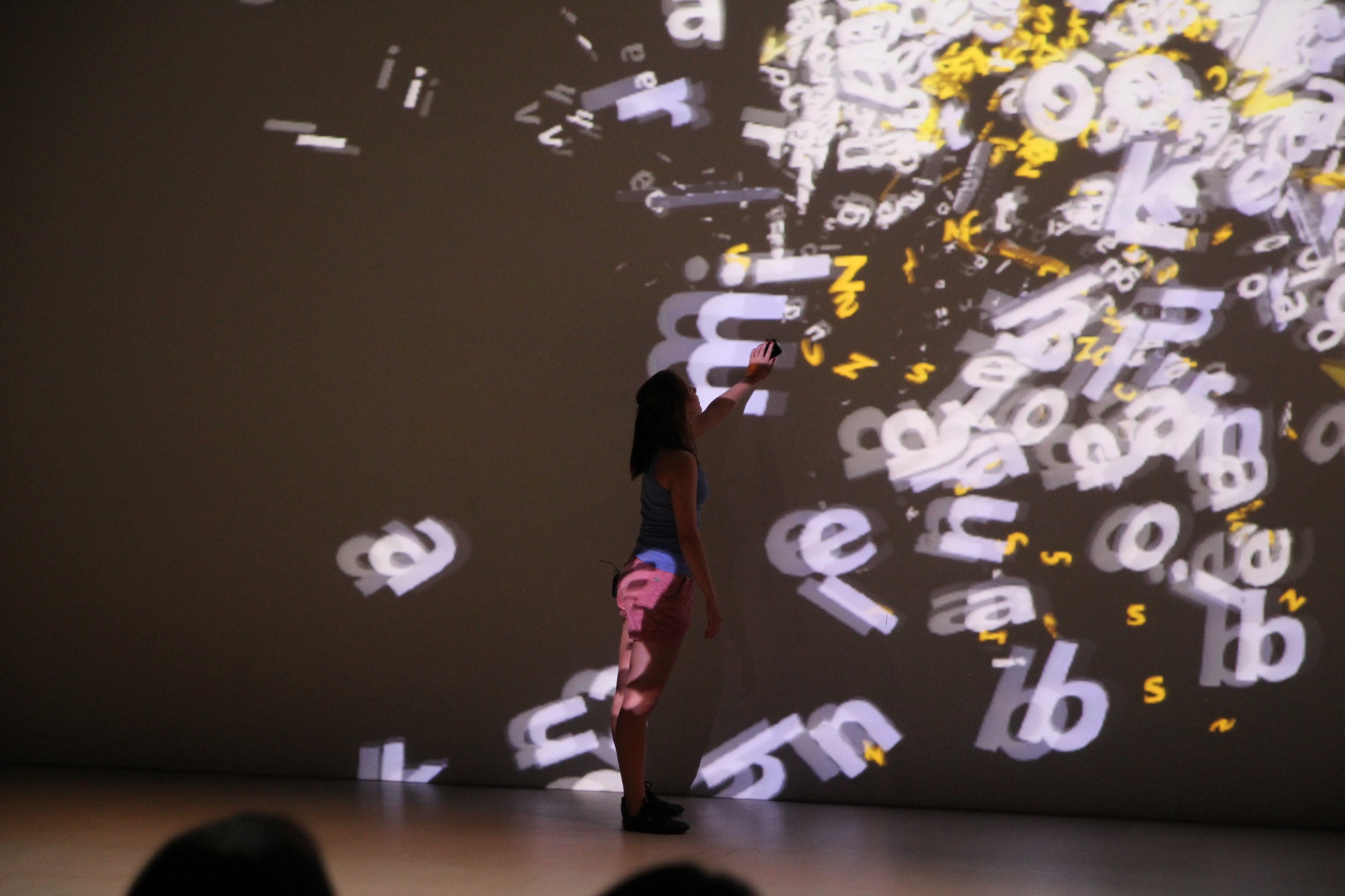by Florian Bayer

As I was born and raised in Austria I had been rejecting nuclear power production for most of my life, without a special interest in the issue. It simply occurred to me that the technology in question came along with too many uncertainties and risks. In that sense it seemed obvious that a technology of this kind was no solution for future energy demands. Fullstop.
However, throughout the last few years I repeatedly turned towards the issue of nuclear power production. It makes a good case for reflecting different aspects of the relations between science, technology and society. As a consequence of this research interest, I became acquainted with work in STS that highlights the role of technopolitical cultures in shaping the relationship between societal actors and technologies. From this perspective it became quite clear that “my convictions” on nuclear power production were not the result of “critical” engagement with nuclear technologies. Read More
